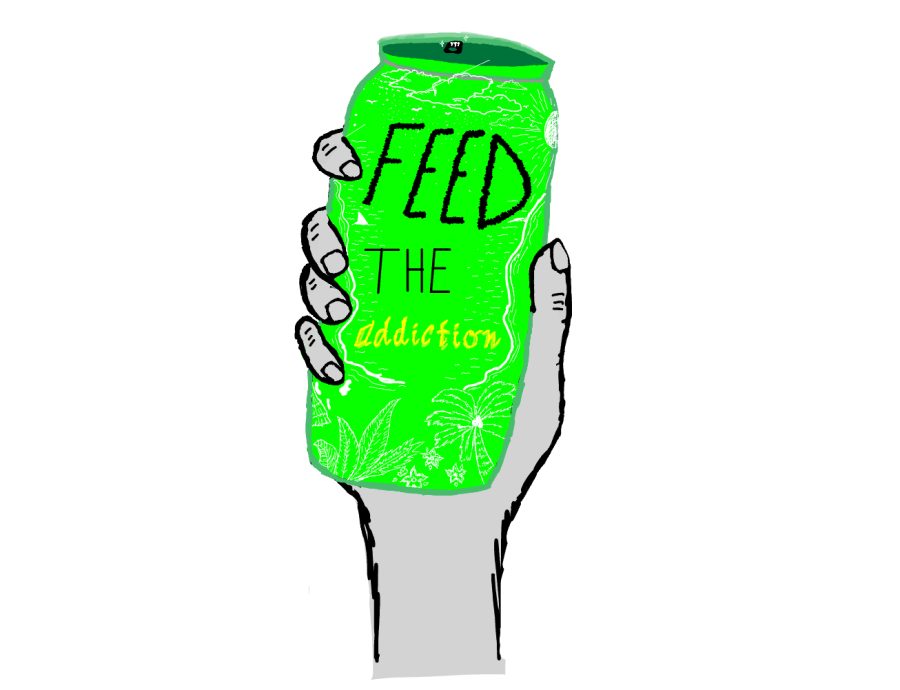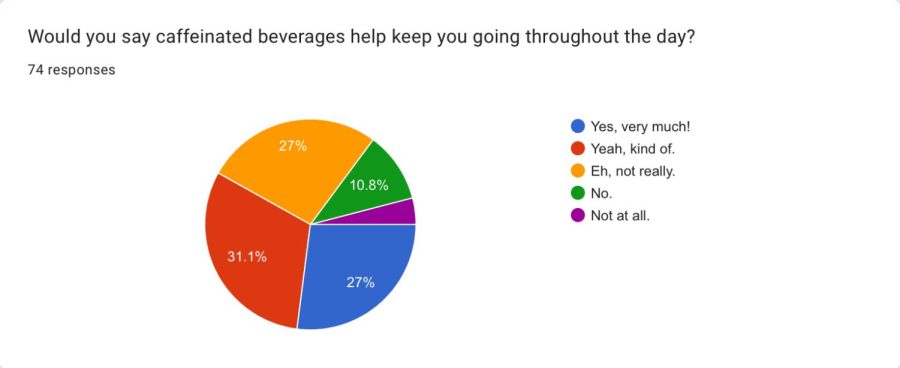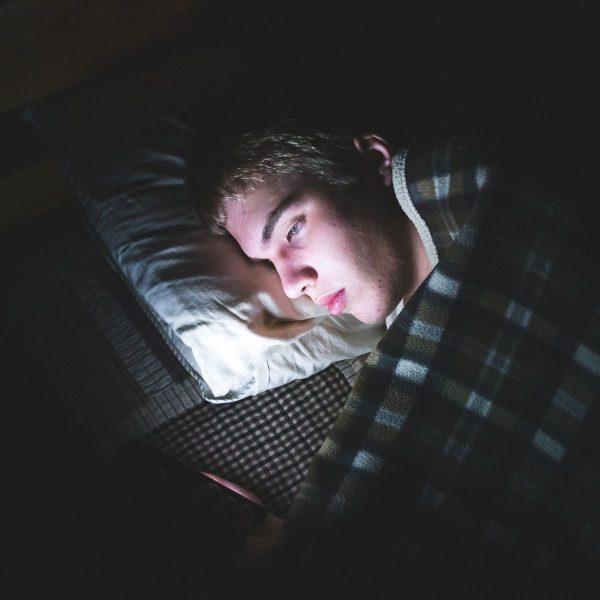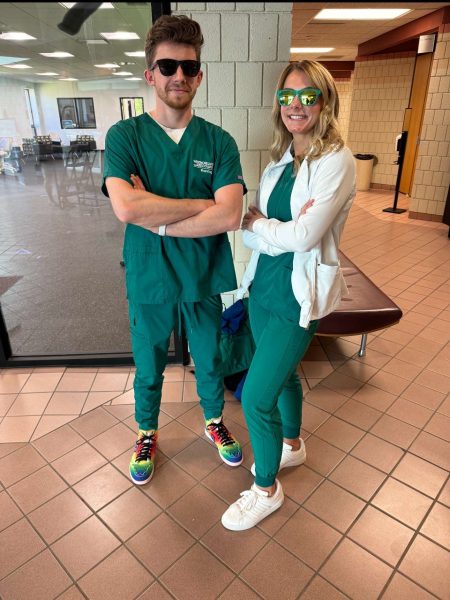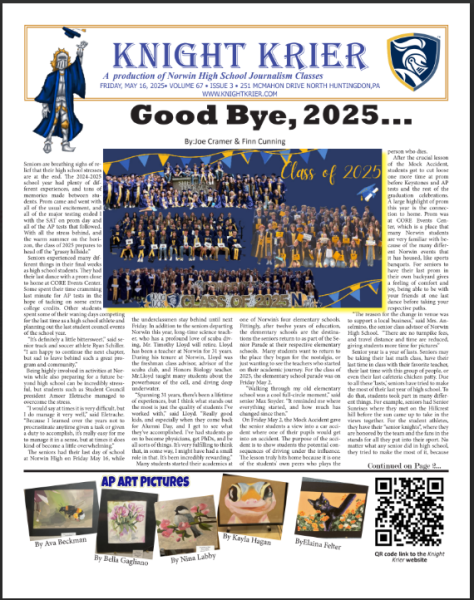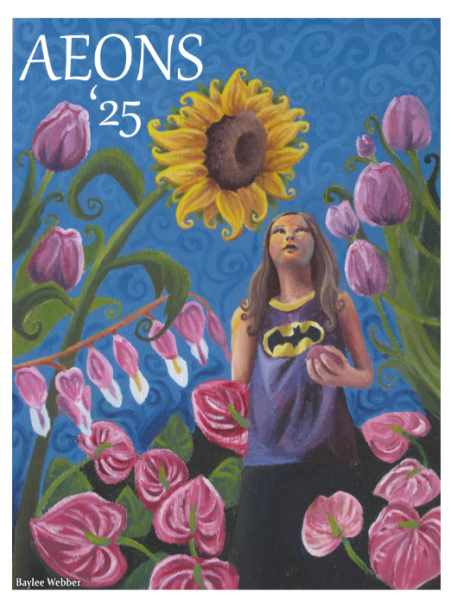The Caffeine Craze at Norwin High School
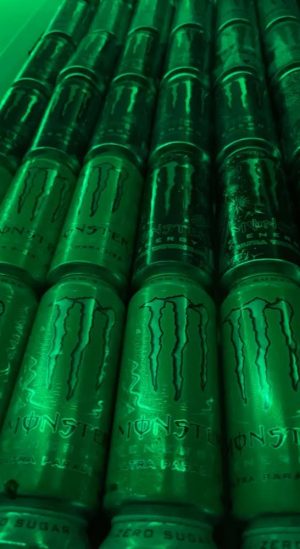
Click, snap. You just opened another can of an energy drink. You have no regard for how much caffeine you’re intaking, or what effect it will have on you later that day. That begs the question: Why is caffeine so addicting? What are the health effects? Why are teenagers so drawn to caffeinated beverages?
The modern energy drink was born in post World War II Japan. In 1962, Taisho pharmaceuticals produced Lipovitan D, an herbal “energizing tonic” that was sold in minibar sized bottles. The tonic was originally marketed towards truck drivers and factory workers who needed to stay awake for long shifts, according to a GO BIG article. While Lipovitan sounds, looks, and smells like cough syrup, it was promoted as a drink to boost physical and mental functions. The drink’s main ingredient is taurine, which would eventually become an important ingredient in Red Bull.
Teenagers are prime consumers of the energy drink faze. Therefore, it is important to understand the truth to help assist young adults realize what they could be getting themselves into.
According to a recently conducted Knight Krier poll of over 70 students, 40 percent of teens admitted to drinking caffeinated beverages on a daily basis.
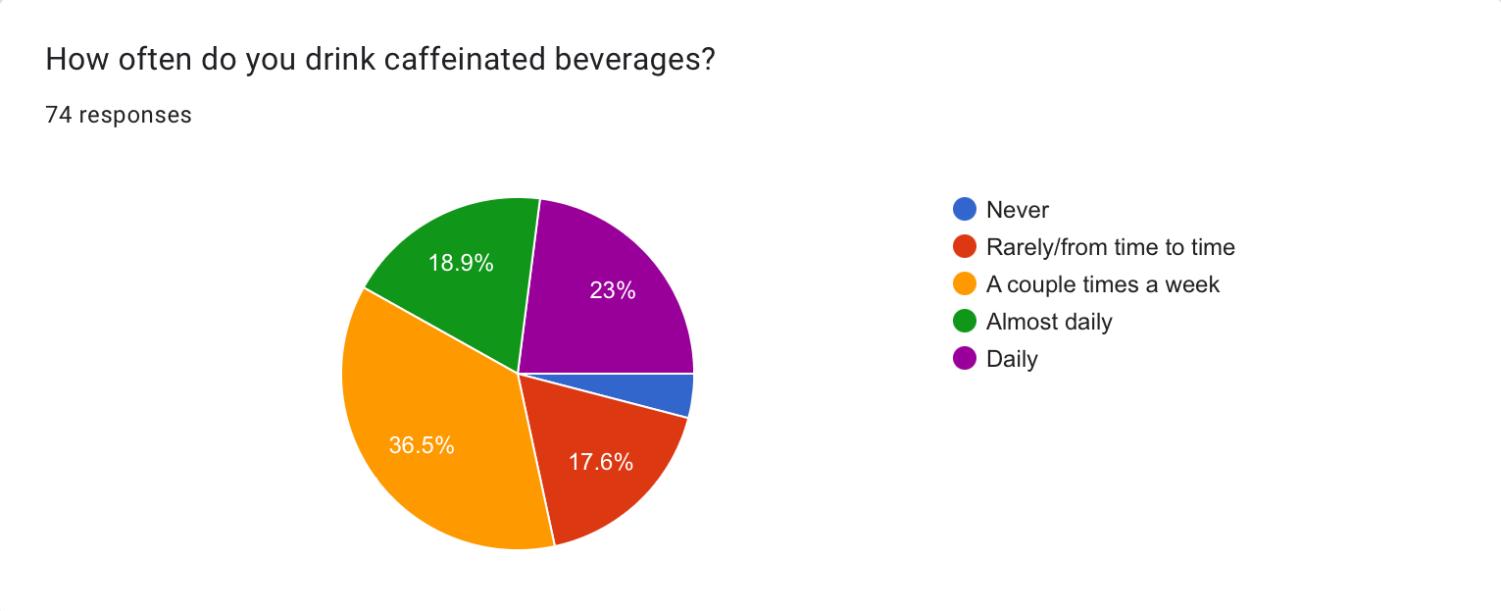
Teenagers have hectic lives. From after school jobs to after school extracurricular activities, most of the time it is hard to fit in time to work on homework (and if there is any time, it is not enough). This means many students will end up staying up late, and not getting enough sleep to get through the next day.
“Students get the buzz off of caffeine,” said school nurse, Mrs. Donna Lafferty. “They use it as a way to get through the day, to get things accomplished.”
This is where caffeine comes into play, helping by giving students a surge of desired energy.
“I started drinking caffeine when I started to not have energy to do anything,” said sophomore Jacob Koningisor. “They would make my heart beat fast and make me hyper and I guess it gave me energy, which is what I wanted. After that I got used to drinking energy drinks every day.”
According to an Examine article, caffeine can “block different adenosine receptors in the brain, with varying effects. By blocking the A1 receptor, which promotes sleepiness when activated, caffeine can increase alertness. By blocking the A2A receptor, caffeine can increase dopamine levels, which has stimulating and mood-enhancing effects.”
The science behind caffeine is quite spectacular, as it is able to keep teenagers (and many other age groups and people) awake for so long and keep them consistently energized throughout their day. It has really shown to help a multitude of teenagers achieve daily goals that must be completed.
With those two factors mixed together, it really does bring you good feelings all around.
“In freshman year I started because I needed the energy to keep up with school work,” said junior Jenna Williams.
Caffeine can help you feel alert and focused, says a Teen Health article. However, caffeine can make it hard to sleep. “It just kinda happened,” stated Natalie Bowman, a current senior student. “I wanted to try tea and sorta fell down a caffeine rabbit hole.”
According to a recently conducted student poll, over 80 percent of students said they have been drinking caffeinated beverages for several years. Like Bowman, 23 percent of these students also said they drink caffeine daily.
Caffeine may be fun to drink and keep your energy boosted, but not all the time. Drinking too much caffeine can lead to health effects that are negatively life changing. For a better and brighter future, cutting back on caffeine would be the best thing to do. It may take some time, but it is all worth it.
According to the CDC, there are many ways to use caffeine “carefully.” Remember that if you suddenly stop using caffeine, “you can have headaches, fatigue, irritability and nervousness”.
The CDC also provides a link in their website that is said to help those who drink too much caffeine cut back and to help with “preventing withdrawal symptoms.”
Some of these methods of cutting back are, drinking fewer caffeinated beverages throughout your day, avoid drinking caffeinated beverages late in the day and keep tabs on how much caffeine you are drinking daily (read your labels carefully and check how much caffeine is in your drink of choice).
Imagine: you’re opening another can, another bottle, another container of a caffeinated beverage of your choice. This time, you think back to the history behind it, what some effects are, and how you are able to cut back on it carefully. Just remember, you can do anything, even without the buzz and rush of caffeine.
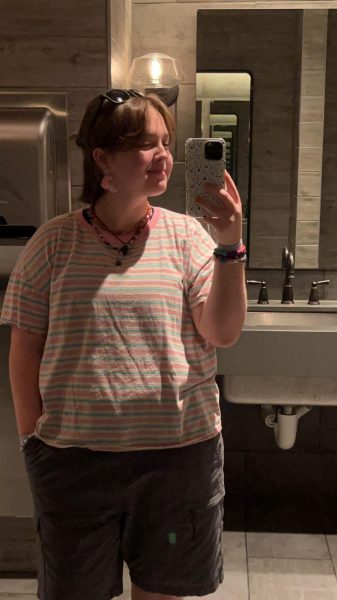
A. Sweitzer is a current junior. This year will be their first year writing for the Knighty Krier! Theater and creative writing is what they love to do...


